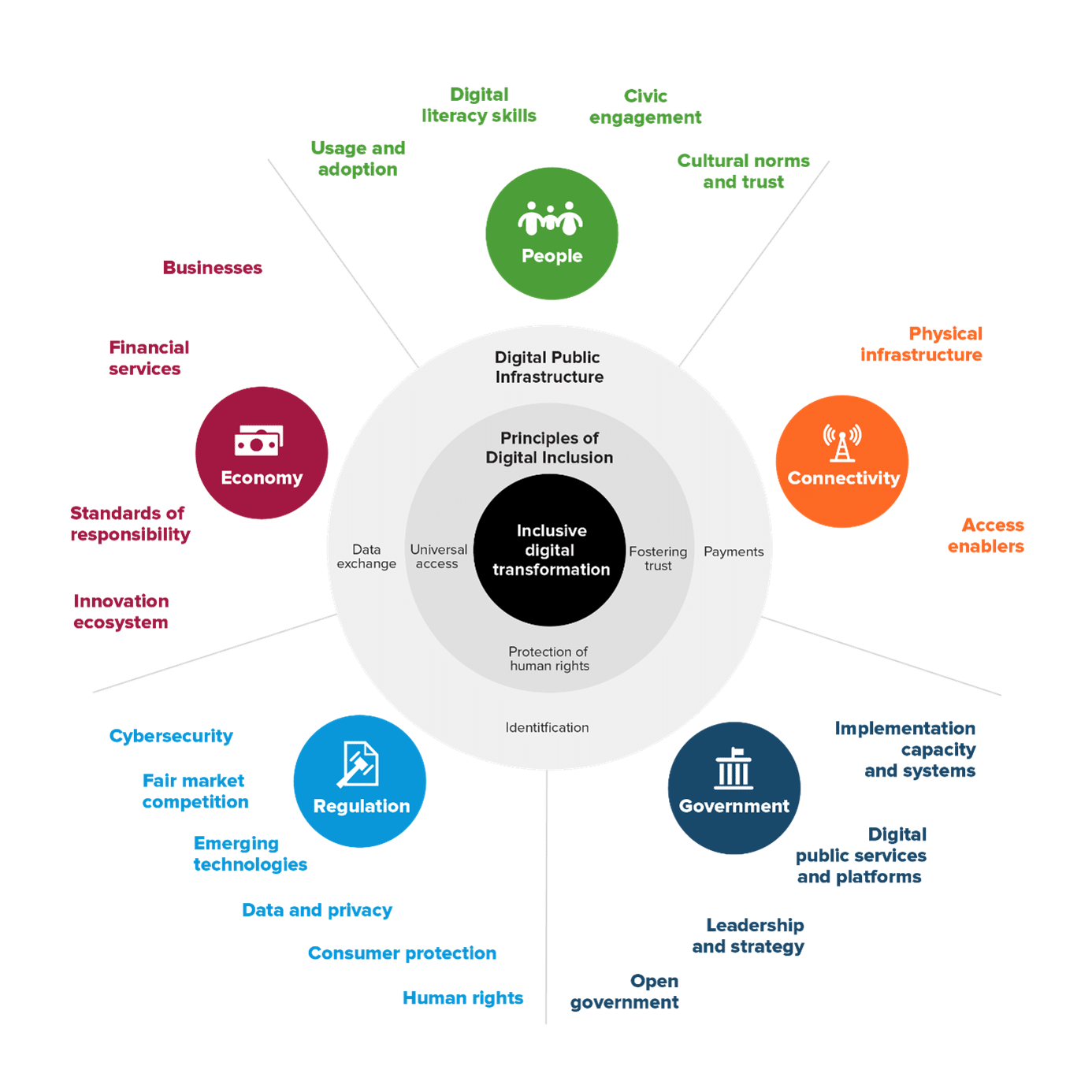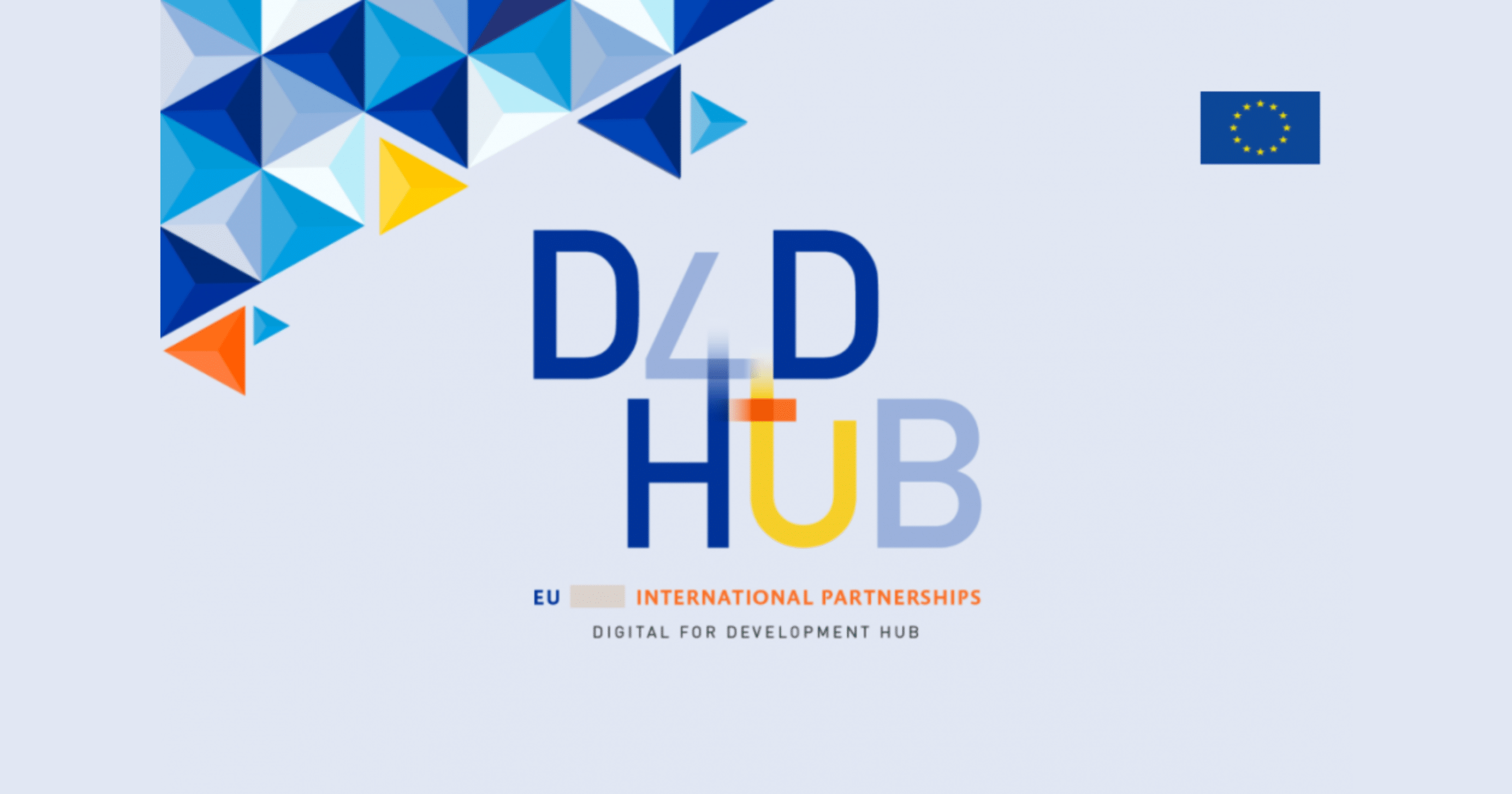Technopolis Africa has recently conducted the final evaluation of the African Union – European Union Digital for Development (D4D) Hub Project, as part of a framework contract.
Launched in December 2020 for three years of implementation, the AU-EU D4D Hub is a multi-donor action implemented through the Team Europe Approach, and co-financed by the European Union (EU), Enabel, the French Development Agency (Agence Française de Développement – AFD), the German Federal Ministry for Economic Cooperation and Development (BMZ), the Luxembourgish Directorate for Development Cooperation and Humanitarian Affairs of the Ministry of Foreign, and European Affairs and the Ministry of Foreign Affairs of Estonia (MFA Estonia).
The project supported African institutions in creating an enabling environment for an inclusive and sustainable digital transformation. It served as a pilot project to strengthen Team Europe collaboration and boost digital cooperation with African partners. It provided demand-driven technical assistance, promoted knowledge sharing, and facilitated multi-stakeholder dialogues.
This end term evaluation (ETE) was both summative and formative with a general purpose to identify all project outcomes and generate learning for the next phase of the Europe and African countries cooperation on digitalisation. The evaluation also responds to an accountability objective.
The evaluation questions cover the following OECD-DAC evaluation criteria: relevance, coherence, effectiveness, efficiency, impact and sustainability. The ETE was conducted based on three key methods.
Key methods
Outcome Harvesting (OH). This methodology emphasises the collection and interpretation of evidence regarding the achieved outcomes of a project or program. Unlike traditional evaluation methods that rely on predefined indicators and theories of change, OH is participatory and qualitative in nature. It involves identifying and documenting outcomes by engaging with stakeholders and collecting evidence retrospectively, allowing for a more comprehensive and contextually grounded understanding of project impact.
The Most Significant Change (MSC) approach. This methodology involves generating and analysing personal accounts of change and deciding which of these accounts is the most significant – and why. MSC can be very helpful in explaining how change comes about (processes and causal mechanisms) and when (in what situations and contexts) along the change pathways.
Capitalisation (C). This refers to the systematic and intentional process of capturing, organising, and sharing knowledge derived from experiences, activities, and outcomes of a project or program. It emphasises transforming both explicit and tacit knowledge into accessible and usable formats to promote organisational learning, inform decision-making, and contribute to broader knowledge-sharing within and beyond the project.


